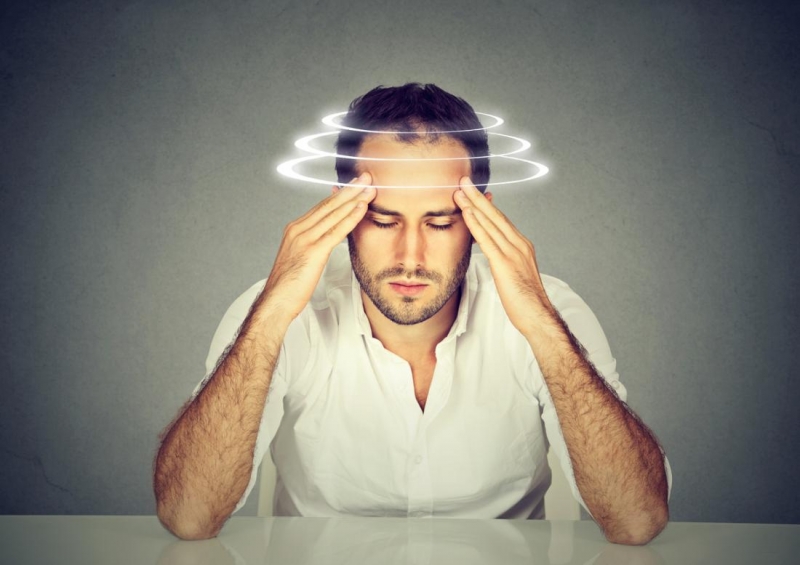
Vertigo is a medical condition where the patient starts feeling as if they or the objects around them are moving even if they are stationary. It is the most common type of dizziness. Generally, the condition feels like a spinning or swaying movement. It is often associated with nausea, vomiting, sweating, or difficulties in walking. The condition often worsens typically as the head is moved. For proper and effective treatment for Vertigo in Gurgaon consult best physiotherapist from PAL Physiotherapy.
Vertigo is usually taken as a symptom of a variety of underlying conditions. It is an indicator of a problem with the inner ear, brain, or sensory nerve pathway. Although vertigo can happen at any age, it is more common among the elderly. It is further classified into two types - peripheral and central.
The condition can be temporary or long-term, varying from patient to patient. Patients with persistent Vertigo have often been found suffering from some mental health issues as well. A psychiatric problem may be causing the dizziness. Vertigo can severely affect a person's ability to function in daily life, potentially leading to depression or anxiety. Thus, it must be treated effectively.
Although the exact cause of Vertigo is still under debate, these factors have often been found responsible for the disorder -
A few other factors may be responsible for the disorder too. The general lifestyle of the patient plays an important role here.
One of the major symptoms of Vertigo is a sensation of spinning while stationary. The other minor or subsidiary symptoms of the condition are -
The diagnosis of Vertigo depends on whether you have true Vertigo or not. The doctor can generally distinguish between the actual presence of Vertigo and a general dizziness by examining the patient's response to questions like ‘Is the world spinning, or are you lightheaded?’ If the world appears to be spinning, the patient is said to have true Vertigo. If the patient is lightheaded, they are experiencing dizziness.
However, this approach is not absolutely trustworthy and depends on the authenticity of the symptoms described by the patient. The type of Vertigo, that is whether the patient has peripheral or central Vertigo also matters. If any life-threatening complications are present, the doctor needs to conduct an even deeper analysis.
Generally, the doctor conducts a physical examination to confirm the presence of the disorder. They will ask the patient how their dizziness makes them feel, if they have any history of medical complications, if they have been taking regular doses of medicines of late etc. This will help the doctor figure out what kind of ‘dizziness’ the patient has. This may also include the patient being asked about any history of a migraine headache, any head injury or ear infections.
In case, the physical examination is not sufficient to confirm the presence or absence of Vertigo, the doctor may conduct several tests like Head-thrust test, Romberg test, Fukuda-Unterberger test and Dix-Hallpike test to determine the type of Vertigo. Further, some types of imaging tests like CT Scan and MRI may be performed to further analyze the symptoms and rule out the possibility of the presence of any other disease.
Physiotherapy has increasingly been proposed as one of the best treatments for Vertigo. It is a very effective and targeted approach towards the issue and fetches amazing results. However, the patient must describe the symptoms experienced to the physiotherapist to a high degree of accuracy so as to design the perfect plan for treatment.
Physiotherapy treatment for Vertigo in Gurgaon generally involves specific head and body movements to help the patient in the movement of the crystals in the inner ear. The direction of the movement generally depends on the affected ear (side). The maneuver lasts 3-5 minutes, in a majority of the cases and will be repeated 2-4 times during the appointment.
The three main kinds of exercise recommended for the patients of Vertigo are -
Many patients complain about the symptoms being aggravated by the treatment. Please don’t panic if you feel the same as it is a part of the treatment. By the end of the first session, the patient will start feeling considerably better. On an average, a common patient requires 1-2 treatments for symptoms to go away completely.
